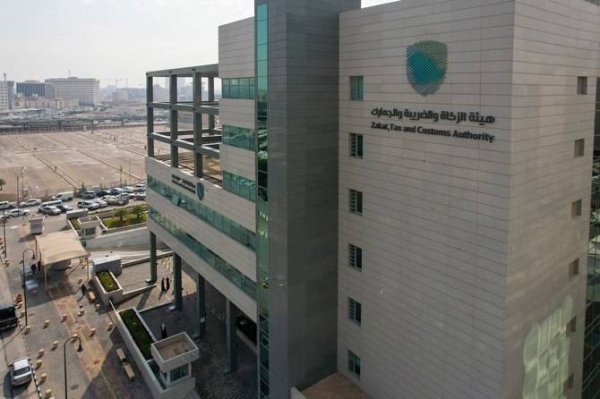The Zakat, Tax and Customs Authority has recently made some changes to the controls for exempting returned goods from customs duties. These updates are aimed at simplifying the exemption process and addressing any issues that customers may face when it comes to goods that are temporarily exported for manufacturing or repairs abroad. The new controls allow for exemption requests to be made before the goods even leave the customs office, making the process more streamlined.
One major change introduced by the updated controls is the cancellation of value restrictions for returned goods. This means that customers can now request exemptions for all returned goods, regardless of their value. This change is in line with the provisions of the Common Customs Law and Rules of Implementation. By eliminating value restrictions, the authority is making it easier for customers to navigate the process of exempting returned goods from customs duties.
Customers who are interested in learning more about the updated controls for exempting returned goods from customs duties can find this information on the authority’s website. By providing clear and accessible information online, the authority is ensuring that customers have the knowledge they need to successfully navigate the exemption process. This transparency helps to build trust with customers and demonstrates the authority’s commitment to making customs procedures as efficient as possible.
In addition to exempting returned goods from customs duties, the updated controls also aim to simplify the process for goods that are temporarily exported for manufacturing or repairs abroad. By introducing the possibility of exemption before the goods leave the customs office, the authority is reducing the administrative burden on customers and making it easier for them to comply with customs regulations. These changes make it easier for businesses to engage in international trade and benefit from the global market.
Overall, the updated controls for exempting returned goods from customs duties represent a positive step forward in streamlining customs procedures in Saudi Arabia. By removing value restrictions and introducing the possibility of exemption before goods leave the customs office, the authority is making it easier for customers to navigate the exemption process. These changes are designed to address the challenges that customers may face when it comes to goods temporarily exported for manufacturing or repairs abroad, ultimately facilitating international trade and supporting economic growth in the Kingdom.











